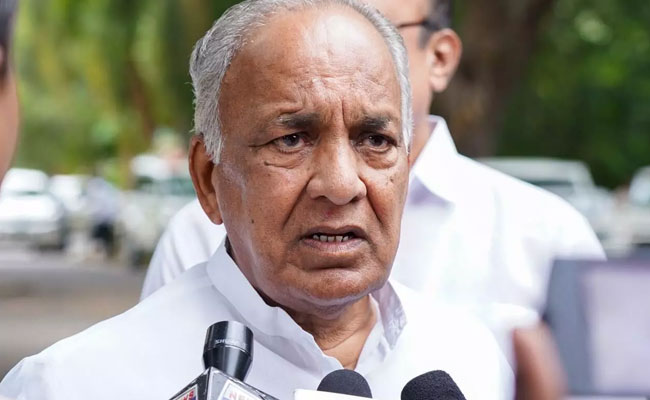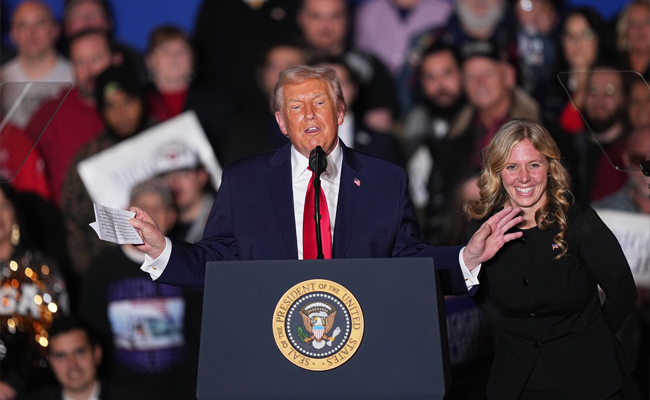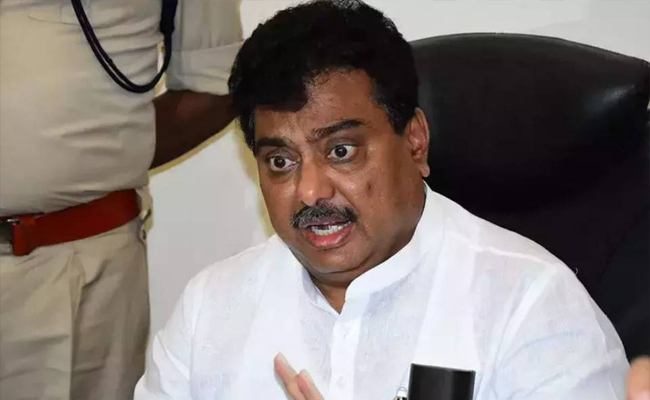Madikeri: In a move to safeguard the interests of the state's farmers, Minor Irrigation Minister NS Boseraju has announced that the Karnataka government cannot comply with Tamil Nadu's request for the release of River Cauvery water.
Addressing the matter during an interaction with journalists on Tuesday, Minister Boseraju conveyed that the Tamil Nadu government had petitioned the Supreme Court for a directive requiring Karnataka to release 24,000 cusecs of Cauvery water daily. This plea aimed to safeguard the crops in the neighboring state. However, due to the prevailing circumstances, Karnataka finds it unfeasible to meet this demand.
Emphasizing the state government's commitment to the welfare of Karnataka's farmers, Minister Boseraju highlighted that Chief Minister Siddaramaiah has already clarified the government's stance. He affirmed that prioritizing the well-being of local farmers remains a top concern. The decision to release water to neighboring states hinges on natural factors and the availability of water resources.
Boseraju informed that an Irrigation Consultative Committee (ICC) meeting has been convened to deliberate on the matter. The deliberations have led to the determination of an appropriate timeline for the release of water into canals to facilitate agricultural activities.
Let the Truth be known. If you read VB and like VB, please be a VB Supporter and Help us deliver the Truth to one and all.
Itanagar (PTI): Eleven more bodies were retrieved on Saturday from the deep gorge in Arunachal Pradesh's Anjaw district, where a mini-truck on which 22 labourers from Assam were travelling fell, an official said.
With this, 17 bodies have been recovered from the accident site, Anjaw's deputy commissioner Milo Kojin said.
He said three more bodies will be brought out on Sunday.
The operation, being conducted by a joint team of the NDRF and Army, resumed at 6 am.
ALSO READ: Traffic fraud: Fake 'no-entry' sticker racket busted in Delhi, mastermind among 3 held
"The retrieval process was extremely difficult because of the treacherous terrain, and the gorge is very deep," Kojin said.
The operation was suspended around 4 pm due to low visibility and will be resumed on Sunday morning, he said.
"One person is still missing, and a search operation will be carried out tomorrow," he added.
The accident happened on the evening of December 8, around 40 km from Hayuliang towards Chaglagam in the district. On the evening of December 10, one survivor managed to climb out of the gorge and reach a nearby Border Roads Task Force (BRTF) labour camp, following which the authorities were alerted.
Six bodies were recovered from the gorge on Friday and handed over to their families on Saturday.





